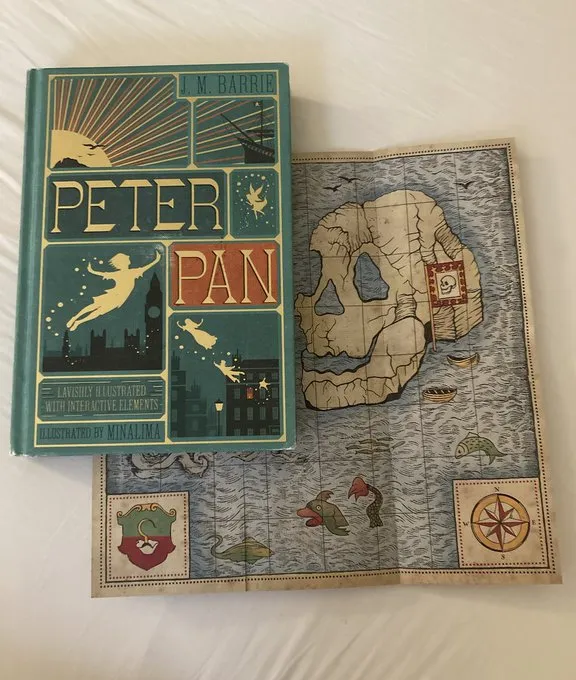Awareness

I’ve become more aware of certain things about myself. Which is strange. I don’t know how to make sense of this new information, or what to do with it, if anything. It’s always been there, in the sense that the signals are the same. How I hold and relate to them is different though, which changes their intensity and nature.
For instance, I’m realizing that my fantasy of becoming a therapist has mostly been just that, a fantasy. It’s associated with specific sensations and moments, moments often characterized by loneliness and a lack of direction. This is where my thoughts go whenever I feel creatively stuck or unsure about how long I want to stick around in my current job. What I want is clarity and certainty, which can take the form of a career path. Funnily enough, this is the direction of disintegration for the enneagram four. When they struggle they become more like a two, The Helper.
Certain experiences validated these reflections. I began volunteering on a “listening line” not long ago and learned that I didn’t enjoy it as much as I thought I would. What I liked was exploring idea space through conversation and being attuned to others, not so much directly helping people. This bothered me at first—how dare I not want to help people!—but I knew that there are other ways of doing so, without needing to become a therapist. Moreover, I was reacting from a place of fear and a desire for security rather than curiosity and excitement. Not exactly the motivations I look for when I turn to someone for help. Who I really wanted to help was myself.
It’s embarrassing to admit. I’ve dangled the idea of therapy in front of me for so long that I feel somewhat empty without its domineering presence. The same can be said of my romantic fantasies. My days aren’t as warped by lust or daydreams of immaculate encounters with beautiful women in coffee shops. Even my ambitions have taken a back seat—more specifically, the sense of urgency I feel to do something interesting and worthwhile with my time. It’s not that I don’t want to do cool or worthwhile things. It’s just that I know I’ll be okay if they don’t amount to anything, if they don’t fit into some half-baked image of success. What this has made room for, it seems, is space. Space for my quieter desires to emerge, space for a more authentic self.
Growing up, I didn’t have much guidance with regard to, well, anything. My inner life was left mostly unexplored by my peers and parents. No one taught me how to have difficult conversations, nor was I really encouraged in any pursuit. The only things I liked were video games and hanging out with my childhood friends. I eventually lost connection to the latter because I moved around a lot, which made me anchor in the digital world. There I was highly competent and developed a sense of self. People wanted me on their team and valued my perspective on the game. I loved the online friends I made despite our differences in age and background (I was always the youngest). Outside of this world I felt like a nobody, like one the heartless beings from Kingdom Hearts.
In my last year of high school, I had a psychology teacher who inadvertently gave me a sense of direction. He had worked as a banker in a past life and told us that he was paid much less now. This didn’t compute in my adolescent brain at the time: why would someone leave a higher paying job for a lower paying one? Over time, I came to see that he genuinely liked what he was doing, and that this was one of the most important things in the world to get right. No other adult had shown that to me. No other adult seemed happy.
He had also planted a curiosity in my young mind that bloomed when it came time to think about college: if I didn’t know what I wanted to do to make me happy, maybe I could study people and their brains and understand my own well enough to rightly decide what career I was meant for. Little did I know that my naive self wasn’t far off from what actual psychologists do and think about—I wanted to predict the future, given a set of variables and assumptions. I also didn’t yet know that academic psychologists hardly knew a thing about happiness, and that I could be happy independent of the career I had.
In retrospect I wish someone had told me about the poor mental model I was working with. But it did bring me here. It did introduce me to Buddhism and interesting people, to books and ideas and experiences I would’ve never had if any other variable in the system had been altered. I’m also more aware of what I did not receive as a budding human, which is its own gift. There is less a need to imagine myself as anything other than I am, which happens to free the imagination for other pursuits. I’m simply here in the midst of it all, experiencing the ebb and flow of existence. It’s fifty-five degrees outside on a February day in Vermont. There is a dullness, yes. And there is a complete, embodied aliveness.